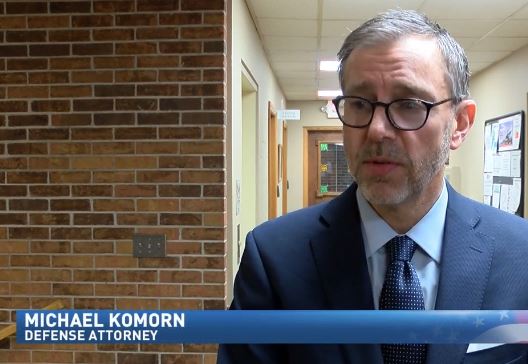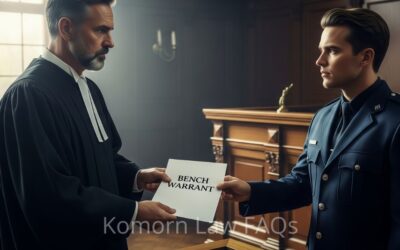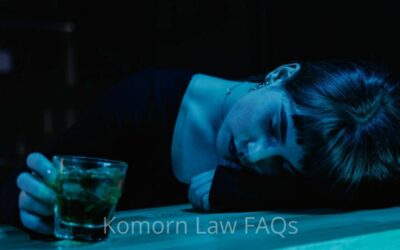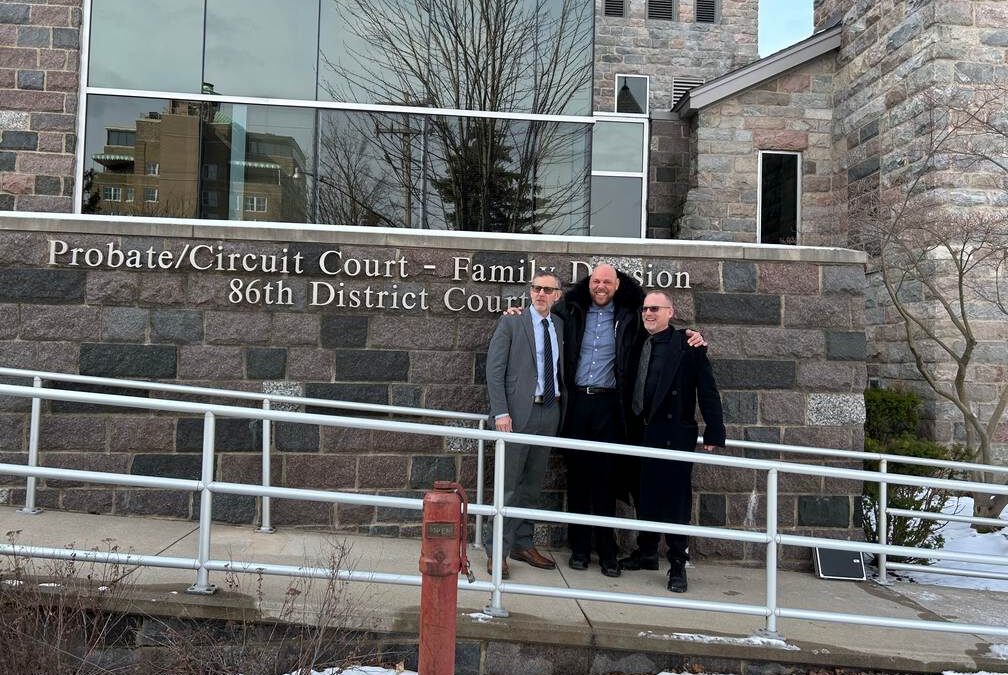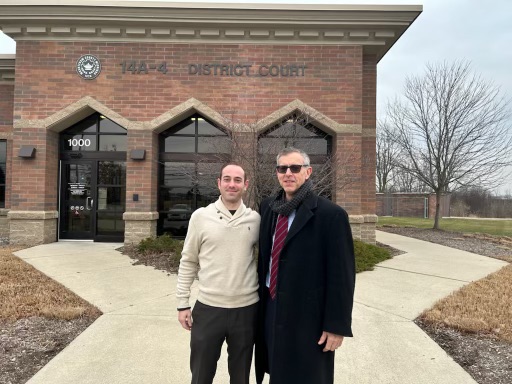Just some of our victoriesState / Federal Legal Defense With extensive experience in criminal legal defense since 1993 from pre-arrest, District,...

Komorn Law Case Victories
Just some of our victories
Komorn Law Case Victories
Victory for the Fourth Amendment in Court
The fourth Amendment lives to see another day. Komorn law is pleased to report another victory for a client entangled in the justice system. After a...
Marijuana, Mushrooms, a Gun and a Bad Search – Case Dismissed
Summary Client resident searched without warrant Client property seized Client charged We filed motion for bad search Judge agreed Prosecutor filed...
4th Amendment Violation
The court granted our motion to Suppress and Dismiss all evidence “ The manner by which the evidence was seized violated the accused 4th Amendment...
Another Case Dismissed
December 6, 2022 - Through the diligence and tenacity of trial attorney Michael Komorn and the team at Komorn Law. We are proud to announce -...
Marijuana retailer drops lawsuit against City of Ypsilanti
YPSILANTI, MI - Less than four months after a company sued Ypsilanti over the city’s marijuana business licensing process, the company has dropped...
Another Circuit Court Victory – Suppressed Evidence Leads to Dismissal
Summary: Komorn Law has won another case in Circuit Court. The Judge suppressed the 26 pounds of marijuana of evidence seized following a...
Accused of being high as a kite and smoking dirt weed
The Charge - OWI (Accident and 17 nanograms of THC) Set for Trial Thursday, March 18, 2021 at 8:00 am. We arrived at the Roscommon District...
Victory in Ann Arbor Court for Medical Marijuana Patient on Probation
Komorn Law is proud to report a significant and relevant case victory directly related to our recent Michigan Court of Appeals Opinion win in the...
Client charged with Carrying a Concealed Weapon
Our client was charged with 5 year felony-carrying a concealed weapon. Here's the law they were charged with... MCL750.227 Concealed weapons;...
Medical Examiner Changes Cause of Death in Warren
Defense attorneys for two of three men charged with manslaughter after a killing in Warren say the case should be dismissed after the Macomb County...
Case Dismissed-Case Closed
Overcharged As it goes, my clients were overcharged with crimes involving drugs, guns, bombs and money. We litigated this case for over three years...
Case Dismissed Against Man Charged With Growing Pot
Charges have been dropped against a local man accused of illegally growing large quantities of marijuana.
Nessel signals shift in policy with dismissal of marijuana charges
Four people charged with marijuana crimes by Republican former Attorney General Bill Schuette will have their charges dismissed by Democratic...
More…
6-30-18 United States v Neece – Federal Case Dismissed
MM cardholder Neece was charged with possession of a controlled substance, 36 CFR 261.53(e) for possessing three joints in his kayak.
The feds alleged his possession in a national forest in violation of the MMMA because someone was seen smoking a joint.
Defendant moved to dismiss under the rider to the Consolidated Appropriations Act (f/k/a Rohrabacher-Farr or Rohrabacher-Blumenauer).
The court dismissed the case, citing McIntosh. The court held that strict compliance must be established to be dismissed. Had the officers seen Neece smoking in public, in violation of the MMMA 333.26427(b)(3), the court would not have dismissed the case.
A big hearty congratulations to Michael Komorn and the Komorn Law team for this victory. To the best of my knowledge, this is the first Michigan MM case to dismissed in federal court for violating the rider.
6-3-14 People vs V – Section 8 Dismissal
Client was charged with improper transport of marijuana in a vehicle. 750.474 but his medical marijuana card expired and and he needed a section 8 defense to remove this conviction from his record. Defendant would be immune from prosecution if he can prove prima facie evidence and a preponderance of evidence of medical use.
The court heard arguments and dismissed the charge of improperly transporting usable marijuana. Court ruled that defendant was immune based on Section 8
Charges were dropped on 6-3-14
08-12-2013 People vs D
Marijuana Criminal Defense
Client charged with marijuana possession in Montrose MI. Client was assigned a court appointed lawyer and encouraged to plead guilty and accept 3 months of probation. Client hired Michael Komorn for representation and withdrew the plea.
The charge was dismissed.
2-24-2013 People vs N
Medical Marijuana patient charged with 3 counts of Delivery / Manufacture of Marijuana.
Prove defendant was immune from prosecution because of a medical marijuana defense. 333.7401(2)(d)(3) and MCL 333.26424, 333.26428.
Defendant hired Michael Komorn
The defendant was immune from prosecution and that the charges shall be dismissed without prejudice. The prosecutor and court dismissed all three charges on 2-24-2013
Legal Counsel and Your Rights
When facing legal challenges, particularly in criminal cases, it is advisable to seek legal counsel immediately.
An experienced attorney can provide guidance on how to navigate interactions with law enforcement while safeguarding your constitutional rights.
Since 1993 our expert legal defense in navigating criminal law matters and protecting your constitutional rights are what we eat for breakfast everyday.
Contact Komorn Law PLLC if you’re ready to fight and win.
Research us and then call us.
More Rights You Should Know

Komorn Law Case Victories
Just some of our victoriesState / Federal Legal Defense With extensive experience in criminal legal defense since 1993 from pre-arrest, District, Circuit, Appeals, Supreme and the Federal court systems. KOMORN LAW (248) 357-2550More...6-30-18 United States v Neece -...
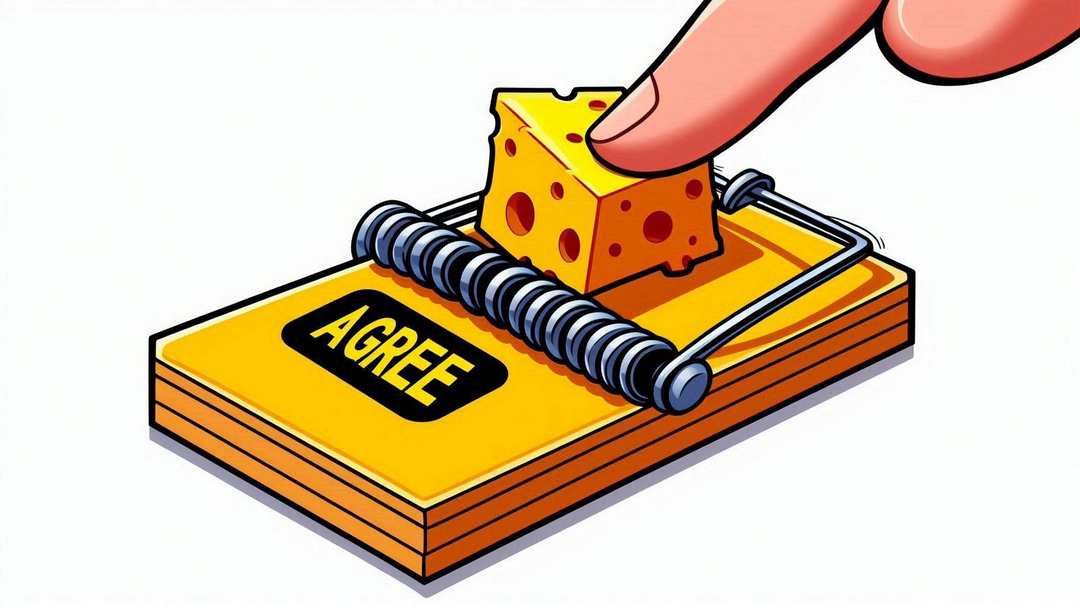
What could happen when you click the – I agree – box?
Wrongful death suit against Disney serves as a warning to consumers when clicking ‘I agree’A wrongful death lawsuit involving Walt Disney Parks and Resorts highlights the critical importance for consumers to meticulously review the fine print before registering for a...
Other Articles
Criminal Law FAQs – Bench Warrant
Michigan Criminal Laws FAQs Bench WarrantsAccording to Michigan State Law (Michigan Compiled Laws - MCL), a Bench Warrant is a court order that directs law enforcement officers to arrest and bring a specific individual before the court. It's issued by a judge (from...
Criminal Law FAQs – Traffic Offenses
Michigan Criminal Laws FAQs Traffic OffensesAccording to Michigan State Law (Michigan Compiled Laws - MCL), Traffic Offenses encompass a wide range of violations related to the operation of motor vehicles on public roads and highways. These offenses are primarily...
Criminal Law FAQs – Drunk and Disorderly
Michigan Criminal Laws FAQs Drunk and DisorderlyAccording to Michigan State Law (Michigan Compiled Laws - MCL), there isn't a specific statute that solely defines "Public Drunkenness" as a statewide criminal offense in the same way some other states might have a...
Criminal Law FAQs – Drinking Alcohol or Smoking Marijuana and Driving
Michigan Criminal Laws FAQs Operating a Motor Vehicle Under The InfluenceWalking is cool... For fun and excercise. Not because you lost your license. Don't do the crime if you can't pay the price. But if you do get charged with a crime. Better Call Komorn to fight for...
Criminal Law FAQs – Probation Violations
Michigan Criminal Laws FAQs Theft CrimesAccording to Michigan State Law (Michigan Compiled Laws - MCL), a Probation Violation occurs when a person who has been sentenced to probation fails to comply with the terms and conditions of their probation order. These terms...
Michigan lawmakers want to revive “junk science” roadside drug testing
The Roadside Drug Test...AgainHouse bills 4390 and 4391The proposed House bills 4390 and 4391 would enable law enforcement to administer tests aimed at assessing driver impairment; however, these testing devices do not provide information regarding the level of...
Criminal Law FAQs – Theft Crimes
Michigan Criminal Laws FAQs Theft CrimesAccording to Michigan State Law (Michigan Compiled Laws - MCL), Theft Crimes generally involve the unlawful taking of someone else's property with the intent to deprive them of it, either permanently or for a significant period....
Criminal Law FAQs – Domestic Violence
Michigan Criminal Laws FAQs Domestic ViolenceAccording to Michigan State Law, Domestic Violence is not a standalone criminal offense but rather a designation applied to certain crimes when the victim is a "spouse or former spouse, an individual with whom the person...











